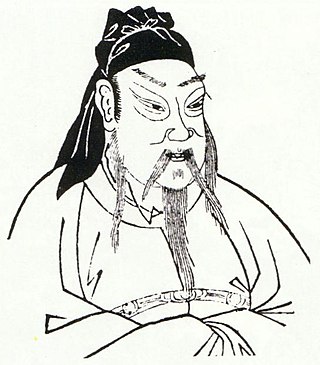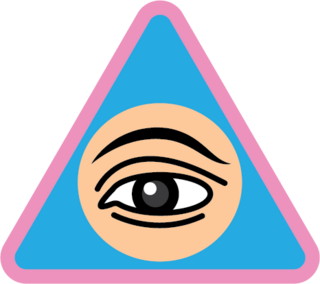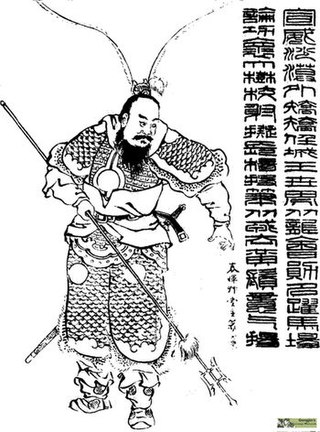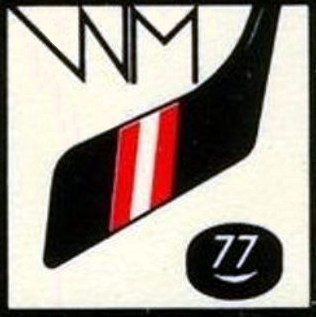
Diogo Cão, also known as Diogo Cam, was a Portuguese mariner and one of the most notable explorers of the fifteenth century. He made two voyages along the west coast of Africa in the 1480s, exploring the Congo River and the coasts of present-day Angola and Namibia.

Guan Yu, courtesy name Yunchang, was a Chinese military general serving under the warlord Liu Bei during the late Eastern Han dynasty of China. Along with Zhang Fei, he shared a brotherly relationship with Liu Bei and accompanied him on most of his early exploits. Guan Yu played a significant role in the events leading up to the end of the Han dynasty and the establishment of Liu Bei's state of Shu Han during the Three Kingdoms period. While he is remembered for his loyalty towards Liu Bei, he is also known for repaying Cao Cao's kindness by slaying Yan Liang, a general under Cao Cao's rival Yuan Shao, at the Battle of Boma. After Liu Bei gained control of Yi Province in 214, Guan Yu remained in Jing Province to govern and defend the area for about seven years. In 219, while he was away fighting Cao Cao's forces at the Battle of Fancheng, Liu Bei's ally Sun Quan broke the Sun–Liu alliance and sent his general Lü Meng to conquer Liu Bei's territories in Jing Province. By the time Guan Yu found out about the loss of Jing Province after his defeat at Fancheng, it was too late. He was subsequently captured in an ambush by Sun Quan's forces and executed.

Caodaism is a Vietnamese monotheistic syncretic religion that retains many elements from Vietnamese folk religion such as ancestor worship, as well as "ethical precepts from Confucianism, occult practices from Taoism, theories of karma and rebirth from Buddhism, and a hierarchical organization from Roman Catholicism". It was officially established in the city of Tây Ninh in southern Vietnam in 1926.

Wei was one of the major dynastic states in China during the Three Kingdoms period. The state was established in 220 by Cao Pi based upon the foundations laid by his father Cao Cao during the end of the Han dynasty. Its capital was initially located at Xuchang, and was later moved to Luoyang.

Cao Zhang, courtesy name Ziwen, nickname "The Yellow Goatee" (黃鬚兒), was a prince of the state of Cao Wei during the Three Kingdoms period of China. He was a son of Cao Cao, a warlord who rose to power towards the end of the Han dynasty and laid the foundation of Wei. Cao Zhang was said to have wrestled and killed wild animals with his bare hands. He also served as a general under his father, having led his troops to significant victories against Wuhuan incursions on the northern frontier.

Hua Tuo, courtesy name Yuanhua, was a Chinese physician who lived during the late Eastern Han dynasty. Historical texts, such as Records of the Three Kingdoms and Book of the Later Han record Hua Tuo as having been the first person in China to use anaesthesia during surgery. He used a general anaesthetic combining wine with a herbal concoction called mafeisan. Besides being respected for his expertise in surgery and anaesthesia, Hua Tuo was famous for his abilities in acupuncture, moxibustion, herbal medicine and medical daoyin exercises. He developed the Wuqinxi from studying the movements of the tiger, deer, bear, ape and crane.

Cao Gangchuan is a Chinese retired general who was the vice chairman of the Central Military Commission and Minister of National Defense. He was also state councilor and director of the PLA General Armament Department.

The Zhili clique was a military faction that split from the Republic of China's Beiyang Army of the during the country's Warlord Era. It was named for Zhili Province, which was the clique's base of power. At its height, it also controlled Jiangsu, Jiangxi, and Hubei.
The 1987 Ice Hockey World Championships was the 52nd such event hosted by the International Ice Hockey Federation. It was also the 63rd European Championships. Teams representing 28 countries participated in four levels of competition.

The 1985 Ice Hockey World Championships took place in Prague, Czechoslovakia from 17 April to 3 May. Eight teams took part, with each team playing each other once. The four best teams then played each other once more with no results carrying over, and the other four teams played each other again to determine ranking and relegation. This was the 50th World Championships, and also the 61st European Championships of ice hockey. The home side, Czechoslovakia, became world champions for the 6th time, and the Soviet Union won their 23rd European title. For the European Championship, only games between European sides in the first round are included.

The 1977 Ice Hockey World Championships took place in Vienna, Austria from 21 April to 8 May. Eight teams took part, first playing each other once, then the four best teams advancing to a new round. The tournament was also the 55th ice hockey European Championship. Czechoslovakia won for the fifth time, and second in a row, claiming their 14th and final European title as well.

Cao Jianming is a Chinese retired politician who served as a vice chairman of the Standing Committee of the National People's Congress from 2018 to 2023. Previously, he was the Procurator-General of the Supreme People's Procuratorate of the People's Republic of China.
The 1975 Ice Hockey World Championships were the 42nd Ice Hockey World Championships and the 53rd European Championships of ice hockey. The tournament took place in West Germany from 3 to 19 April and the games were played in Munich and Düsseldorf. Six teams took part in the main tournament, each playing each other twice. The Soviet Union won all of their games, and became World Champions for the 14th time, and won their 17th European title.
The 1977 Copa Libertadores was the 18th edition of CONMEBOL's top club tournament. The tournament was won by Boca Juniors after defeating defending champions Cruzeiro for their first Copa Libertadores title in a third decisive game. In the two-game finals, both finalists won one game each. A third match therefore had to be played, which remained goalless and Boca Juniors won 5–4 on penalties.
In the 1977 Intertoto Cup no knock-out rounds were contested, and therefore no winner was declared.
The 1977 FIVB Men's World Cup was held from 17 to 29 November 1977 in Japan. It was the 3rd edition of the competition.
Bao Guo'an is a Chinese actor and professor in the Central Academy of Drama. Best known for his role as Cao Cao in the 1994 television series Romance of the Three Kingdoms, Bao won two Best Actor awards at the 1995 Golden Eagle Awards and Flying Apsaras Awards. Bao was also a delegate in the National People's Congress and Chinese People's Political Consultative Conference in 2003.

The Cão de Gado Transmontano or Transmontano Mastiff is a breed of livestock guardian dog from Portugal. It originates in the historical province of Trás-os-Montes e Alto Douro in north-eastern Portugal, and is a rare breed confined mostly to this area.
Cao Yu is a contemporary artist whose work span a diverse range of media that encompass installation, sculpture, Photography, video and performance and painting.
Cao Huiying is a Chinese former volleyball player. She was a member of the Chinese national team that won gold at both the 1981 FIVB Women's World Cup and the 1982 FIVB Women's World Championship. She also won a gold medal at the 1982 Asian Games, after which she retired.











